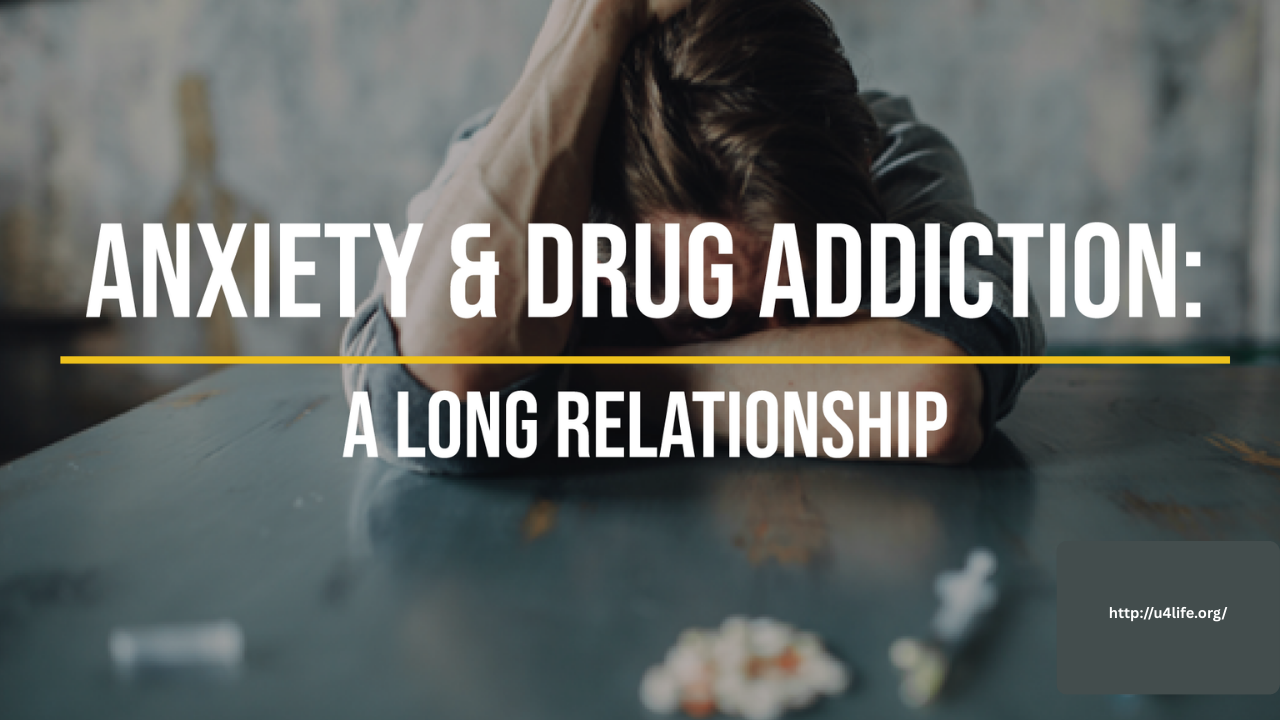Marriage is a profound and life-changing commitment—one that deserves the best version of yourself. Walking down the aisle should be a moment of joy, clarity, and confidence, not clouded by the struggles of addiction. If you’re battling substance abuse or in recovery, one of the most powerful ways to honor your future spouse—and yourself—is by prioritizing your sobriety before making that lifelong promise.
Addiction: A Hidden Threat to Marriage
Addiction doesn’t just affect your body or your mind—it impacts every area of your life, including your relationships. When addiction is present, trust is often broken, communication becomes strained, and emotional connection is weakened. Entering a marriage while actively struggling with substance abuse can create a fragile foundation that’s vulnerable to conflict, resentment, and even separation.
While love can be a strong motivator, it is not a cure for addiction. Relying on marriage to “fix” the issue is a dangerous misconception. True healing must come from within and must be undertaken before taking on the responsibilities and emotional demands of a lifelong partnership.
Confidence Comes from Clarity
One of the key benefits of overcoming addiction before marriage is the confidence that comes from having clarity—clarity about who you are, what you want, and how you can contribute to a relationship in a healthy and meaningful way. Sobriety brings emotional stability and a deeper understanding of your triggers, values, and goals. This inner strength helps you approach marriage with confidence and intention, rather than fear or uncertainty.
When you’re clear-minded and emotionally grounded, you are better able to make important life decisions, like choosing a partner and committing to a shared future. You can communicate your needs openly and respond to your partner’s needs without the interference of substance-induced behaviors.
Healing as a Gift to Your Relationship
Overcoming addiction before marriage is not only a personal victory—it’s a powerful gift to your future spouse. It shows a deep commitment to the relationship and a willingness to face challenges head-on. It allows your partner to fully trust you, knowing you’ve done the inner work to heal, grow, and become a supportive, reliable life companion.
Recovery also teaches valuable relationship skills: accountability, resilience, and empathy. These qualities can strengthen a marriage and help both partners navigate life’s inevitable ups and downs with mutual understanding and compassion.
Support Is Essential
Recovery doesn’t have to be a solo journey. Therapy, support groups, and outpatient programs can provide the tools and community needed to stay on track. If you’re in a serious relationship, consider including your partner in parts of the recovery process. Premarital counseling, open conversations about boundaries, and joint goal-setting can help ensure you both enter marriage with a strong emotional foundation.
Conclusion
Walking down the aisle should be a moment of certainty and peace. By overcoming addiction before marriage, you give yourself and your partner the best chance at a fulfilling, long-lasting relationship. Marry with confidence—clear, committed, and free from the chains of addiction. The journey to healing begins with a single step, and it can lead to a future filled with love, trust, and shared purpose.








